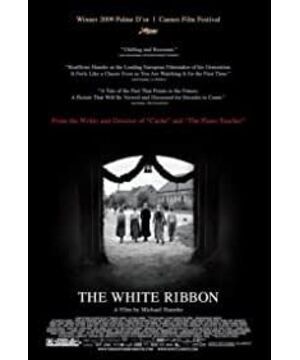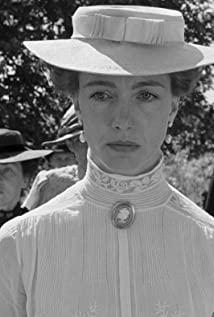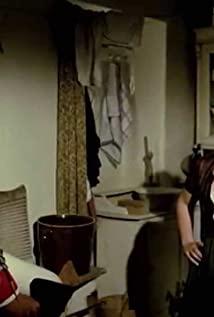View more about The White Ribbon reviews
German silhouette before the First World War
Megane 2022-04-22 07:01:39
-
Cullen 2022-03-25 09:01:12
#Film Archive# Screenwriter: Haneke's book is four and a half hours long. He couldn't get the investment to make such a long film. So he turned to screenwriter Carrell, and Carrell pointed to two places where the length of the story could be shortened. The main suggestion was to cut out the scenes where the children in the village were left alone. With those parts removed, the viewer doesn't immediately associate the children as the perpetrators of these random acts of violence in the story. "In Haneke's script, it was obvious after 20 minutes that all the bad things in the village were actually done by the children," Carrell said. There's no need to be explicit about who did it." Haneke agreed, and the final film was cryptic and disturbing. Much of the original script was removed. The screenwriter, Carell, said that I didn't make up the story, and I didn't make up the characters. It was in the original script. What I did was like an editor, I just picked one scene out of three.
-
Robb 2022-03-28 09:01:06
Powerful metaphor. Baron: the dying Junker aristocracy, who thinks he is in control of everything, but in fact has already betrayed himself; Priest: the pioneer of totalitarian ideology, good at mind control, but his daughter is young; Peasant: mediocre, the enforcer of violence, can be used; doctor : Fallen, who fulfilled the imagination of the Jewish genocide in the future; Teacher: Intellectual, who sees through everything, but is weak and does not help. The whistle of the baron's son: at last it was the whistle of the Führer's broadcast and the Stuka, by which the Deutschland was summoned, rumbling to the end of destruction.
-
Martin: I gave God a chance to kill me. He didn't do it, so he's pleased with me.
-
The Doctor: My God, why don't you just die?











